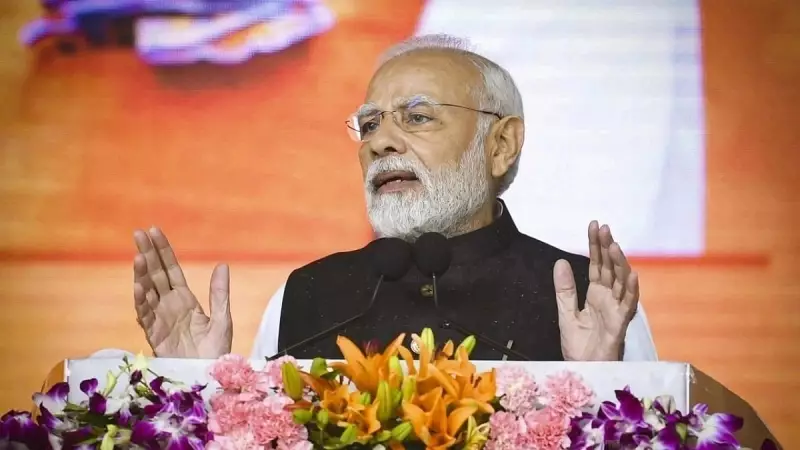
In a dramatic revelation that has sent shockwaves through Bihar's political landscape, Prime Minister Narendra Modi has accused the Rashtriya Janata Dal (RJD) of exerting pressure on the previous UPA government to deliberately stall development projects in the state. This explosive claim comes at a crucial juncture, with the Bihar Assembly elections of 2025 looming on the horizon.
The Allegation: Political Vendetta Against Bihar
According to Prime Minister Modi's startling disclosure, the RJD leadership actively worked to sabotage Bihar's progress by influencing the Congress-led UPA government to halt crucial infrastructure and development initiatives. This alleged political maneuvering reportedly occurred after Chief Minister Nitish Kumar formed his government in the state.
The timing of this revelation is particularly significant, as it emerges during heightened political activity in Bihar. The Prime Minister's statement suggests a calculated attempt to undermine the state's development for political gains, painting a picture of how regional politics can potentially compromise public welfare.
Electoral Implications for 2025
This bombshell allegation is expected to have far-reaching consequences for the upcoming Bihar Assembly elections. The development narrative has always been central to Bihar's political discourse, and Modi's claims could potentially reshape voter perspectives and alliance dynamics.
The revelation strategically positions the BJP and its allies as champions of Bihar's development, while simultaneously questioning the opposition's commitment to the state's progress. This could prove to be a game-changer in the high-stakes electoral battle that will determine Bihar's political future.
Broader Political Ramifications
The Prime Minister's statement goes beyond mere electoral rhetoric, touching upon several critical aspects of Indian politics:
- The complex relationship between central and state governments
- How development projects can become pawns in political chess
- The impact of such alleged interventions on ground-level development
- The ongoing power dynamics between national and regional parties
As Bihar prepares for one of its most significant electoral contests, these allegations have added a new dimension to the political narrative, ensuring that development and governance will remain at the forefront of election discourse.






